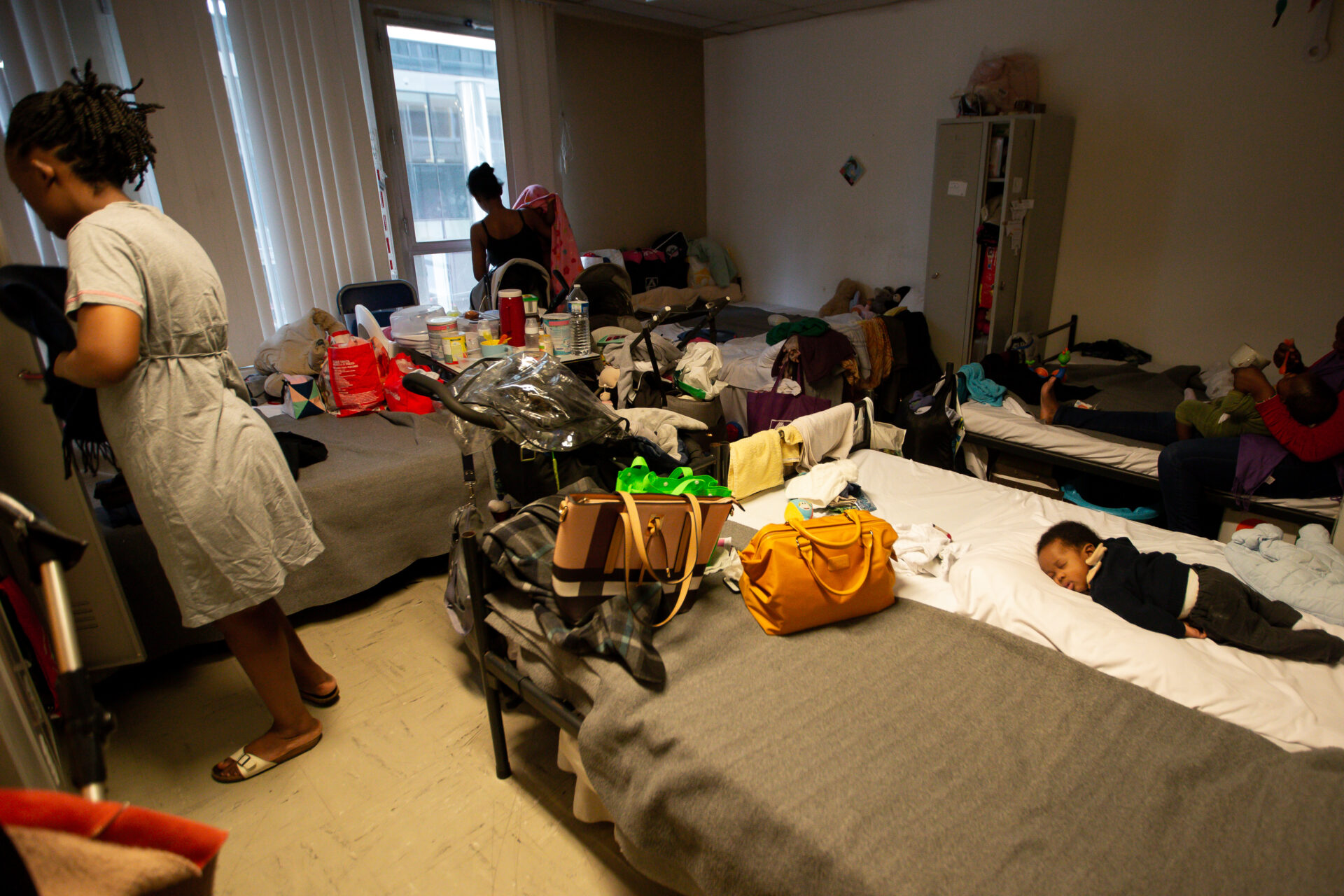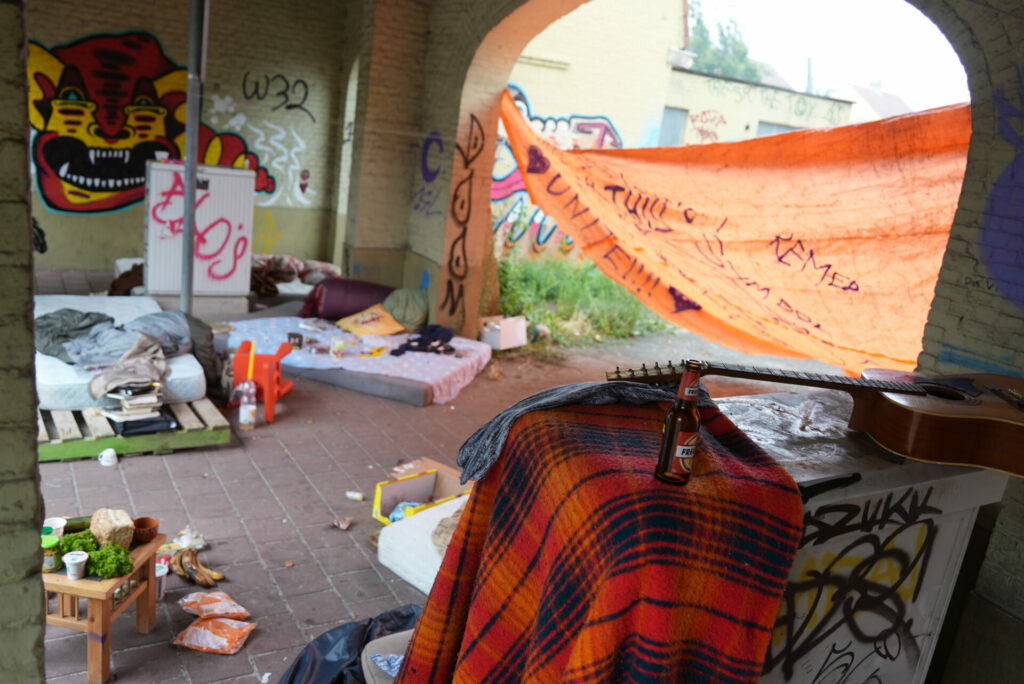Young adults living on the streets of Flanders and Wallonia are just the tip of the crisis when it comes to the number of young people in precarious housing situations.
A total of 6,286 people were identified as being without a house or a home (but living in homeless shelters or transitional housing, for example). Of these, 1,208 were between the ages of 18 and 25, accounting for almost one in five homeless adults.
Clear and reliable data on the circumstances of these people was lacking, which is why a study was conducted by UGent, KU Leuven and UCLouvain, seeks to paint a more detailed picture of the scale of the issue.
More than one in ten (12%) of young adults were acutely homeless at the time of the study, meaning they were spending the night in public
spaces, in emergency accommodation, in a car, a tent, a squat or a garage.
Hidden homelessness
Almost half of the young adults without a house or home live in a "hidden" homeless situation (more than in the group of over -26s), meaning they have to rely on sleeping at friends' or family members' houses. "The young adults that we see in the public space are only the tip of the iceberg," the report read.
While the researchers found no causal links between the three types of young adults identified in this group – those who left youth care centres, those with no history of receiving assistance and "newcomers" – they noted that in most cases, their lives have been complex, unstable and violent.

A federal centre that welcomes homeless people in the winter. Credit : Belga/ Nicolas Maeterlinck
"The testimonies of homeless young adults indicate that their situation must be seen as the result of a succession of negative life events (violence, addiction, parents living in poverty) combined with structural mechanisms of social exclusion (inaccessible housing, structural poverty, social inequalities in education)," the report reads.
Conflicts with family or friends are more likely to lead to house- and homelessness among this age group than for those older than 26. Relationship problems, immigration, expulsions and psychological problems also play a big role in their living situations.
Lack of coordination and unsafe spaces
Based on interviews with people suffering from house and homelessness and carers, researchers found that young adults are not always made aware of what services and help are available (or they are discouraged by the numerous procedures and jargon) and that existing shelters are often perceived as dangerous.
Related News
- Brussels region overturns ban on child begging
- Brussels moves to ban home evictions in winter months
The study made various recommendations to improve the situation, including the need for preventive support for children, young people and families (also at school). Other solutions might combine housing and care and improve young adults' access to social and private housing markets, which are both "almost inaccessible for these young people."
Finally, the study pointed to the need to provide a specific "transitional" approach that takes into account the particularities of young adults and ensures continuity between support for young people and support for adults.

